After taking a cold medicine, Hung had an allergic reaction and developed a rare syndrome that led to gradual loss of vision over the past 16 years.
The cold medicine Hung took in 2007 was SEDA, which has now been discontinued. After taking the medicine, his illness did not improve, he had a high fever of 41 degrees, convulsions, and rashes all over his body. Hung was diagnosed with rash fever by the doctor and treated according to the symptoms.
A month later, Hung had many large blisters all over his stomach, legs and face, small blisters in his eyes, peeling lips, and his fingernails were falling off. The doctor determined that he had Steven-Johnson syndrome, a type of allergic reaction, mainly caused by an allergic reaction to drugs. The disease is rare, with a rate of 2/1,000,000 people, and can be life-threatening with a mortality rate of 5-30%.
The tiny blisters in Hung's eyes gradually grew larger. His eyes were dry, his eyelids secreted a lot of white fluid, which was very uncomfortable. If he lightly wiped his eyes with his hand, his eyelashes could "fly off". Due to late detection and treatment, Hung's eye structure began to deform. His eyes were red, so he often had to use eye drops. Hung could barely see clearly on the board, and had to learn most of his subjects by listening.
After two years of eye treatment in Vietnam, he went abroad to study and receive medical treatment. During his five years abroad, Hung had two surgeries on his left eye to separate the eyelid from the eyeball, helping the eyeball move more easily, then grafted a biological amniotic membrane to stabilize the eyelid structure and regulate tears. Returning home, Hung, now 32 years old, still has to go to the hospital regularly for check-ups.
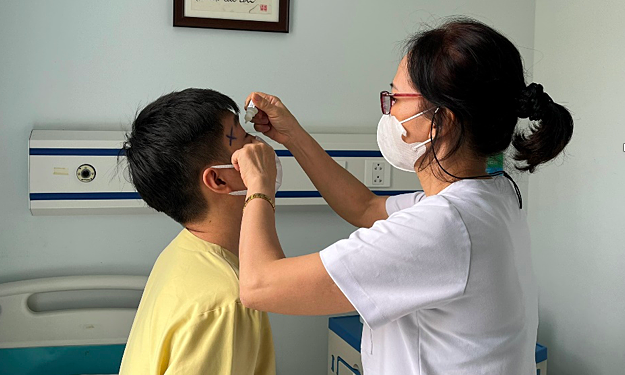
Patients are cared for before the next surgery at Hanoi Eye Hospital 2. Photo: Provided by the hospital
In early June, Hung's right eye developed a large blister again. The doctor performed surgery to treat the blister and transplanted amniotic membrane to replace the conjunctiva to protect the eye. Hung continued treatment at Hanoi Eye Hospital 2.
Currently, Hung's vision in both eyes is very weak, the left eye is only 1/10, the right eye is 2/10. The main treatment regimen is antibiotic and anti-inflammatory eye drops, artificial tears and regular check-ups to keep the blood vessels from eating into the cornea.
On June 21, Associate Professor, Dr. Hoang Thi Minh Chau, Chairwoman of the professional council, Hanoi Eye Hospital 2, said that the patient was discovered and treated too late when the symptoms had become severe. The golden period for eye treatment was overlooked because at first, people focused on treating other diseases in the body without thinking about the eyes.
'This is a rare disease, symptoms usually appear later after about a month of using allergy medication,' said Dr. Chau, adding that if detected earlier and diagnosed correctly from the beginning, the patient has a chance of keeping his or her vision.
Steven-Johnson syndrome causes the eyelids to become increasingly deformed, the eyes to become red and inflamed, and blood vessels to gradually eat into the cornea, causing damage to the cornea, blurred vision, and eventually leading to blindness. Therefore, patients need to be examined regularly by a doctor, monitored throughout the course of the disease, and determined to "live with the disease".
Doctors recommend that patients take medication exactly as directed by their doctor, do not take non-prescription medication, do not use someone else's prescription medication, and do not skip doses on your own.
Le Nga
Character names have been changed
Source link







![[Photo] General Secretary To Lam and Prime Minister Pham Minh Chinh attend the first Congress of the National Data Association](https://vstatic.vietnam.vn/vietnam/resource/IMAGE/2025/3/22/5d9be594d4824ccba3ddff5886db2a9e)
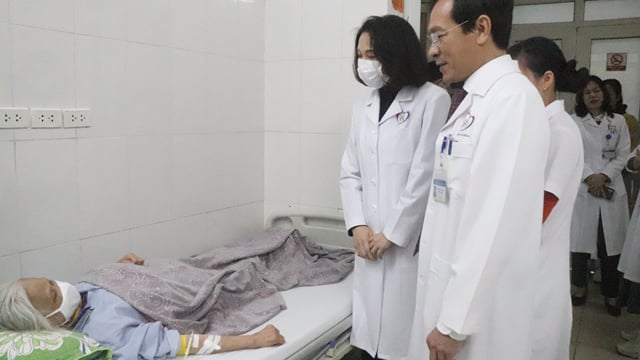

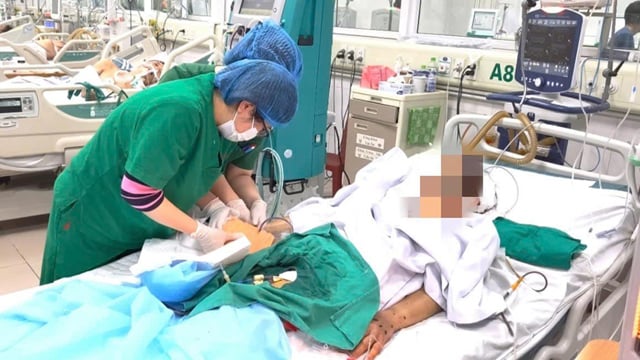


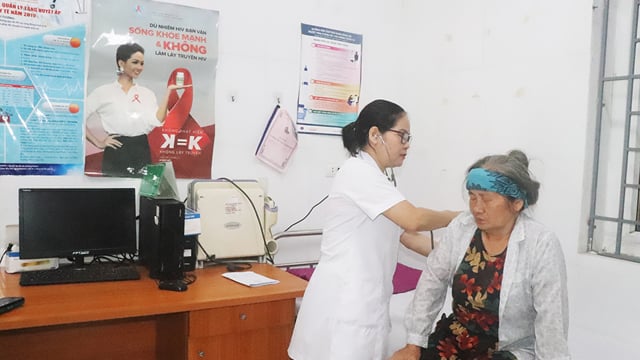
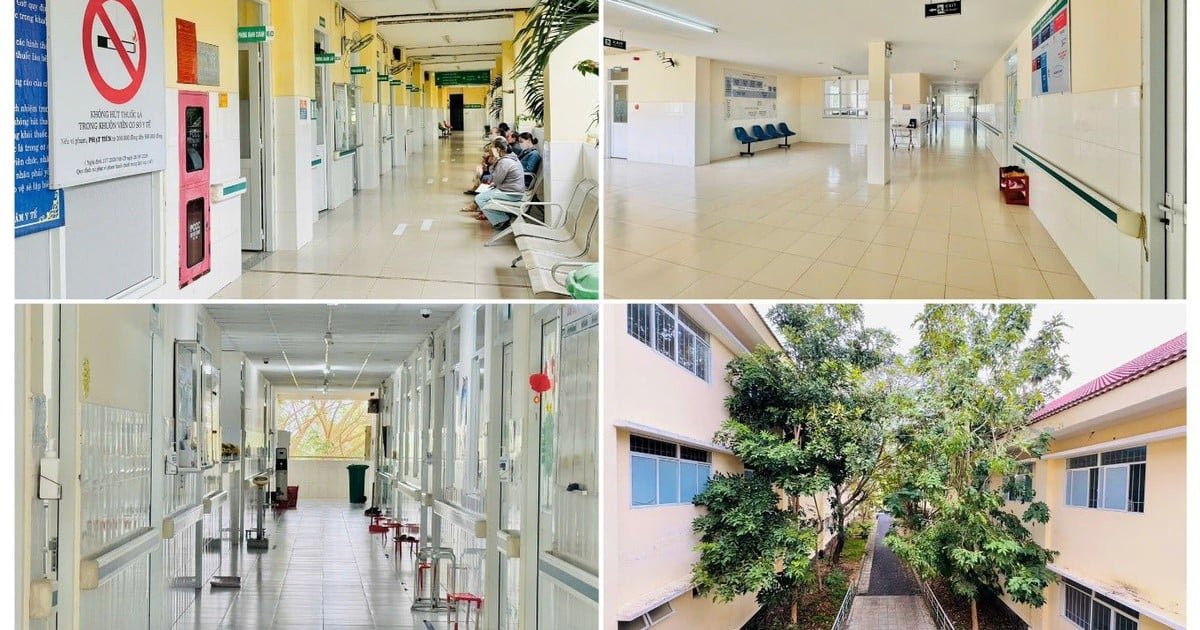



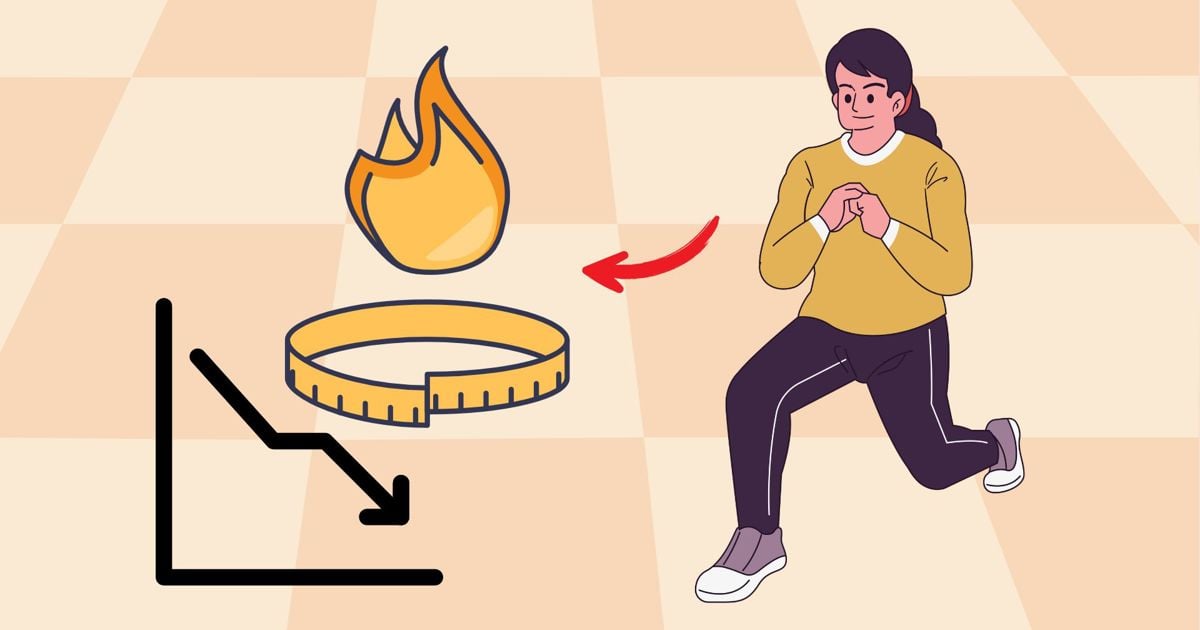



























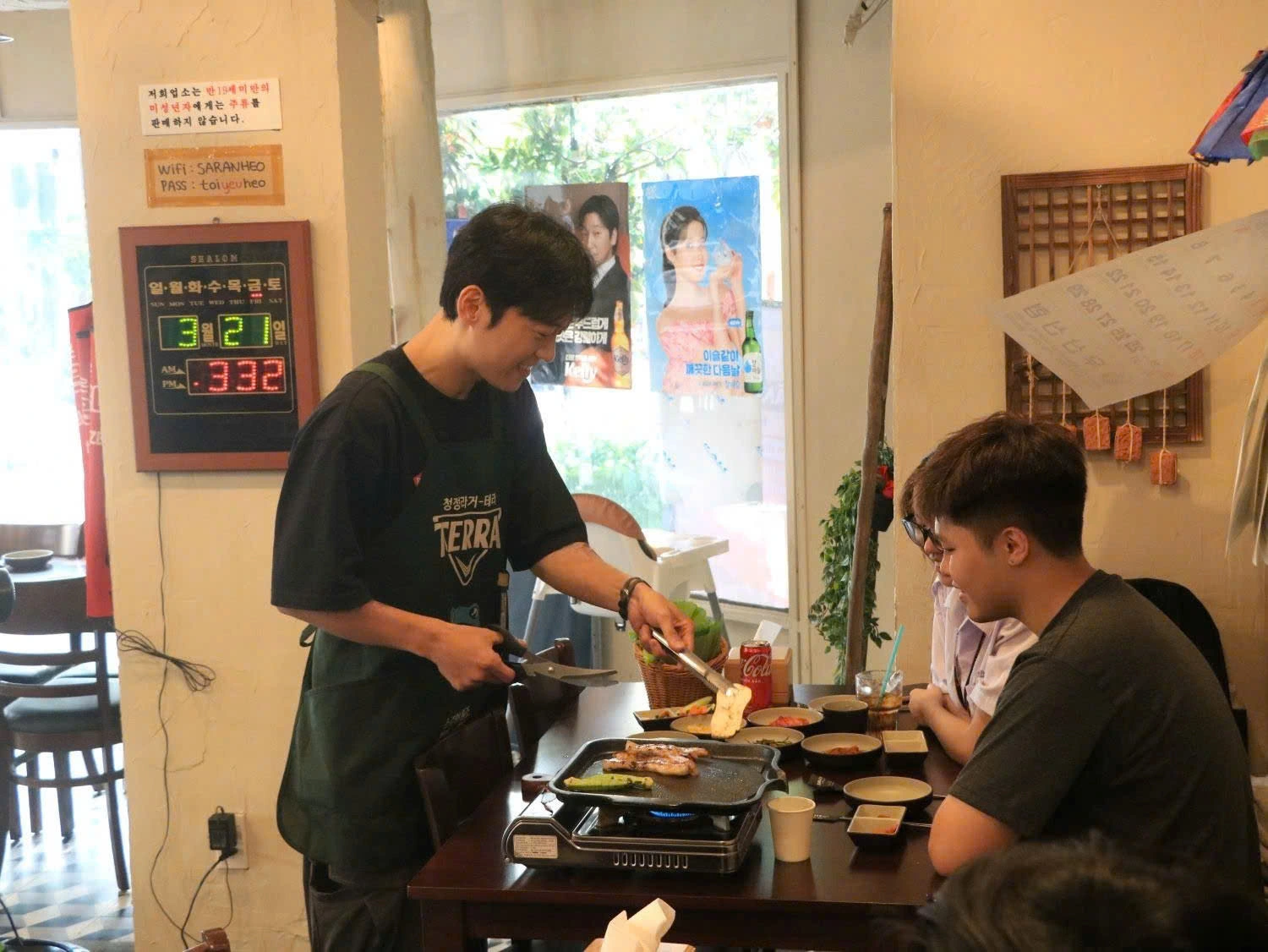


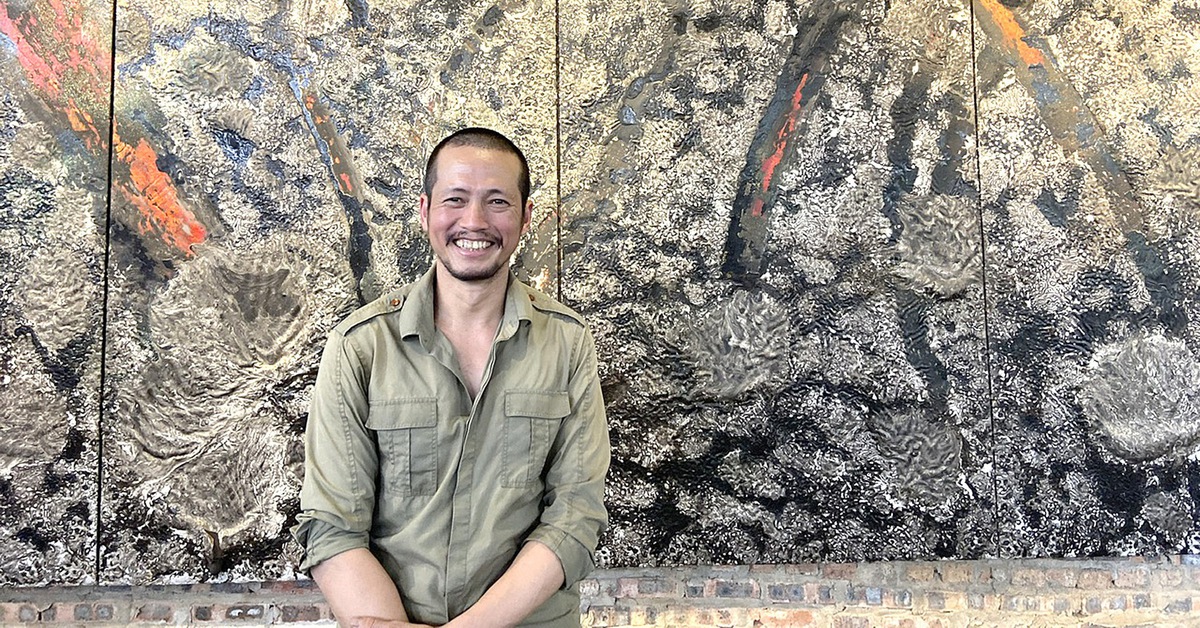

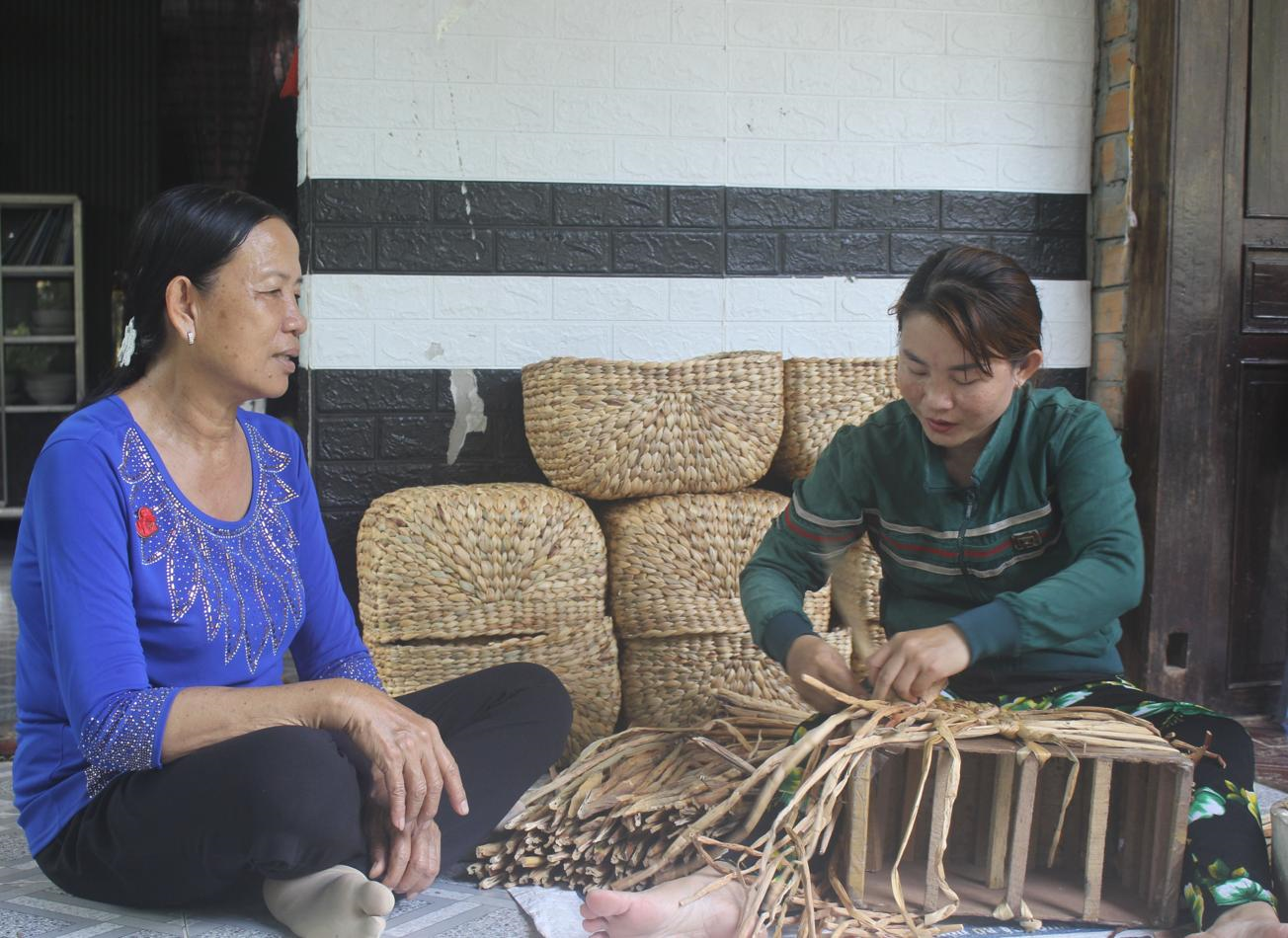






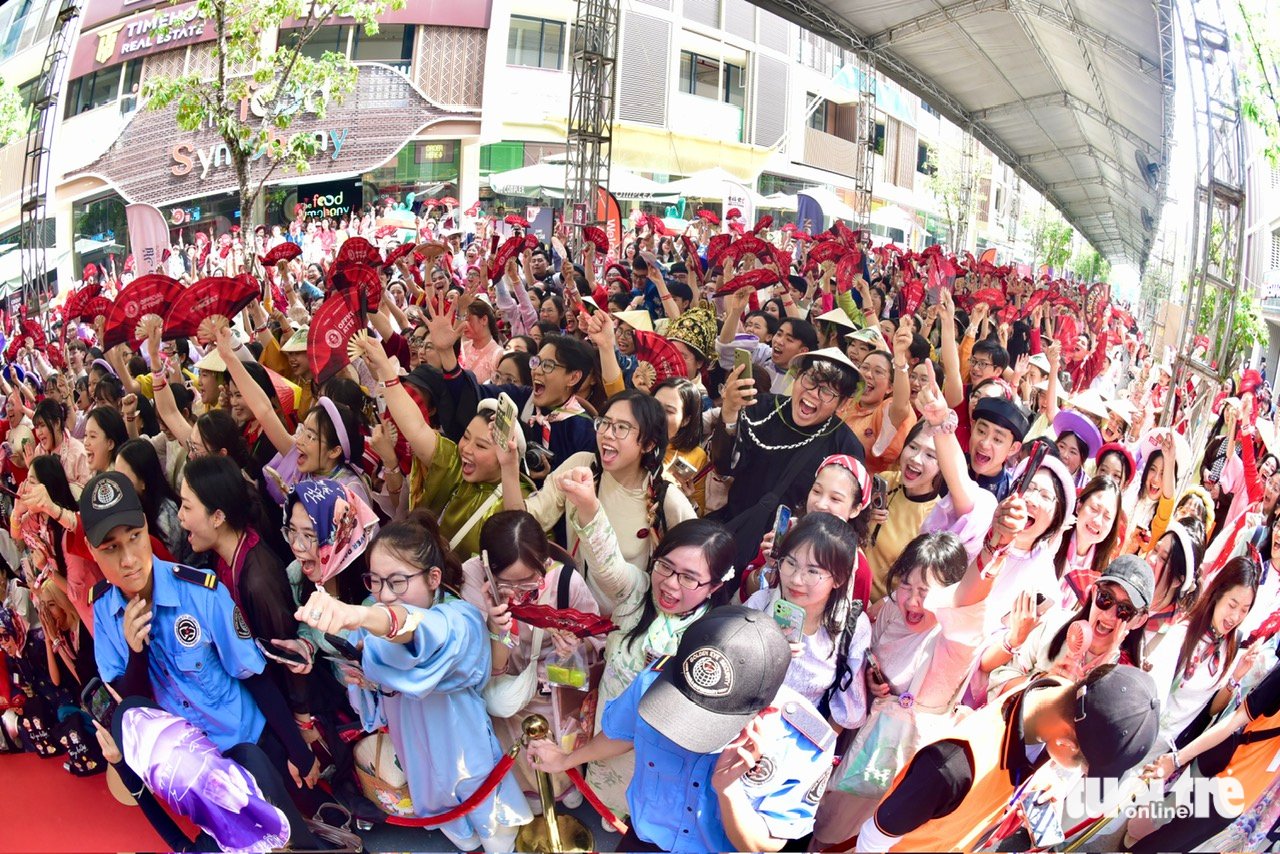

















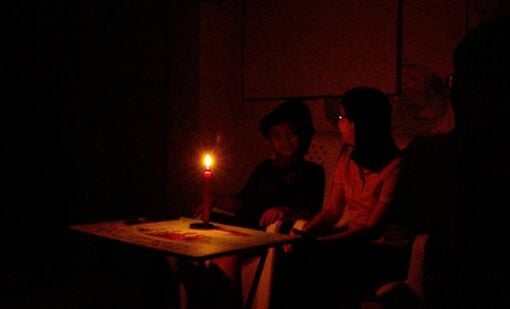




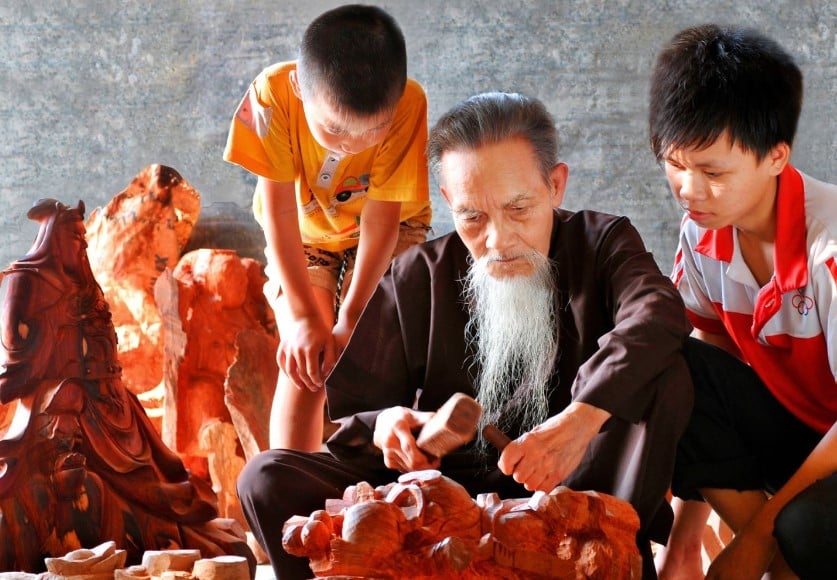
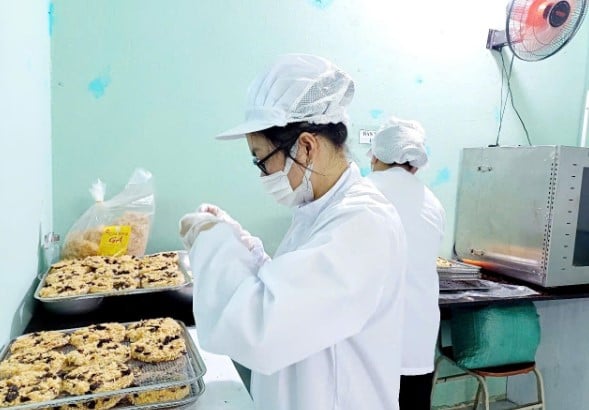




Comment (0)